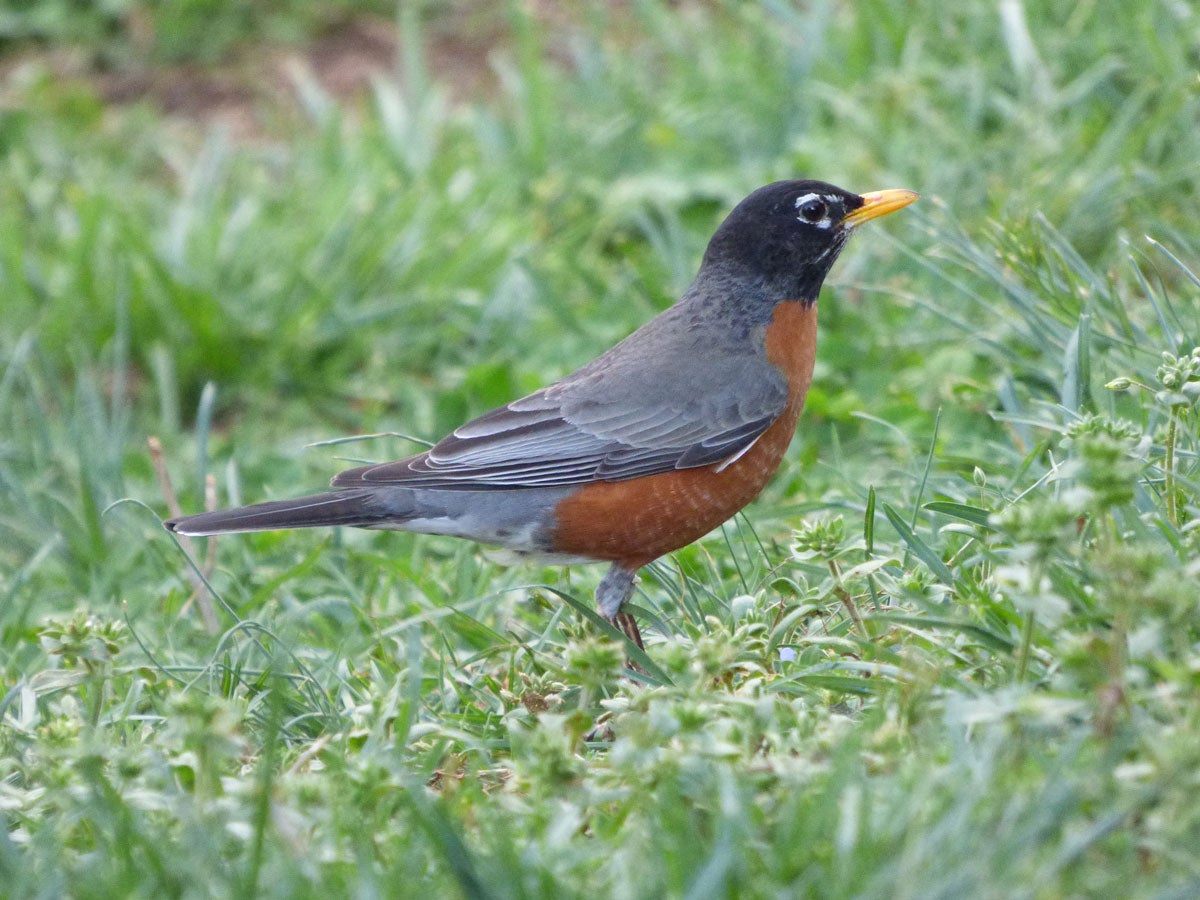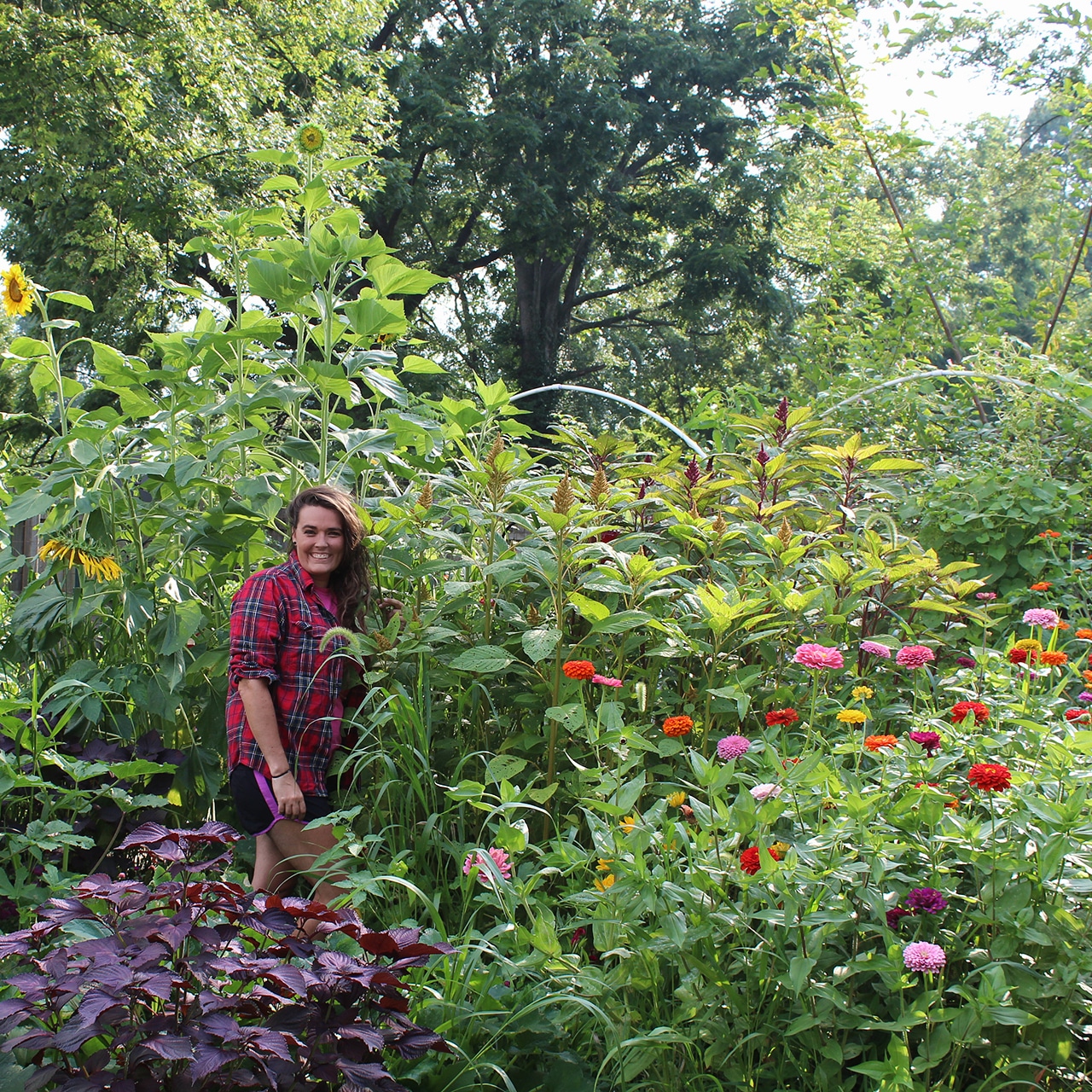What Do Robins Eat: How To Attract Robins To Your Yard Or Garden


Watching birds is an enjoyable hobby for many home gardeners. Whether looking to attract more rare species, or you simply love watching the bird feeder, attracting feathered friends to the yard can be both rewarding and educational. As with any endeavor, there are quite a few tips and tricks that can help to determine how many and which types of birds will visit your backyard. Among the most common and easiest to attract are American robins.
How to Attract Robins
With some key information, attracting robins to the landscape is relatively simple. These birds are present throughout most of North America, which makes them easily identifiable to many people. While robins in your garden may initially be cause for concern for some vegetable gardeners, it is important to note these birds are not likely to cause much, if any, damage.
What Do Robins Eat?
Unlike many birds, robins do not eat seed. In fact, it is most likely you'll find these birds rummaging through the soil in search of worms and grubs. In addition to these invertebrates, the American robin is also known to eat wild fruits, such as mulberries and blackberries. Adding these plants to the garden is a great way to encourage robins to become frequent visitors.
Robins are much more likely to be found splashing in puddles than some other types of birds. Bird baths are a great way to attract robins, as they offer a consistent source of water for drinking and for bathing. Baths with small fountains are particularly attractive to these birds.
What Plants Attract Robins?
In addition to planting edible berries and fruits, robins will also need access to plants that are able to provide shelter and protection. While these birds are known to nest many different places, taller trees offer even more options during nesting season.
If you are unable to plant trees in your location, nesting ledges (specifically for robins) are another great option for experiencing the nesting process. Remember, never disturb the robins’ nests. Robins can become very protective and territorial of nests. It is best to place nesting ledges where they will not be bothered.
Beyond nesting, robins will need protection from inclement weather, as well as from predators. In regions where the birds overwinter, evergreen trees and shrubs are extremely valuable in terms of protection from wind, cold, and even snowy conditions. Plants with heavy, thick foliage also help deter attacks from neighborhood cats and flying predators.
Sign up for the Gardening Know How newsletter today and receive a free copy of our e-book "How to Grow Delicious Tomatoes".

Tonya Barnett has been gardening for 13 years. Flowers are her passion. She has transformed her backyard into a cut flower garden, which she regularly chronicles on her YouTube channel http://www.youtube.com/@tonyawiththeflowers.